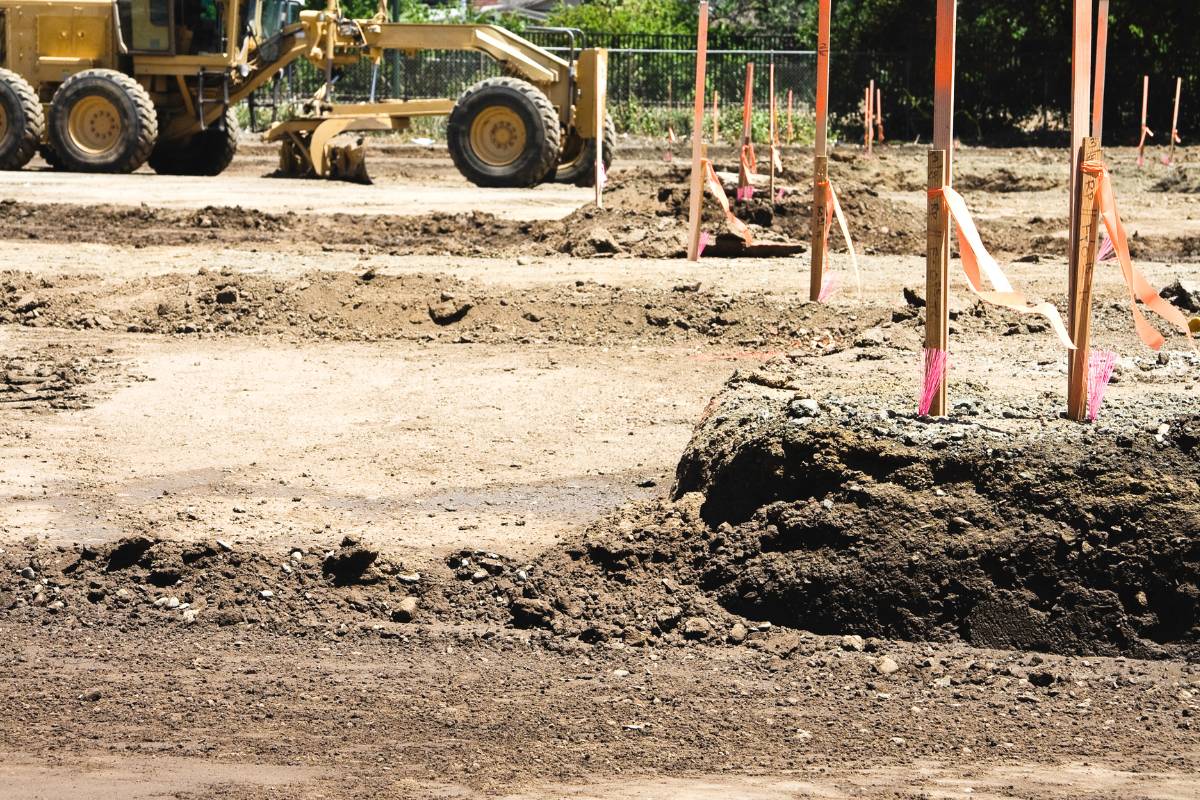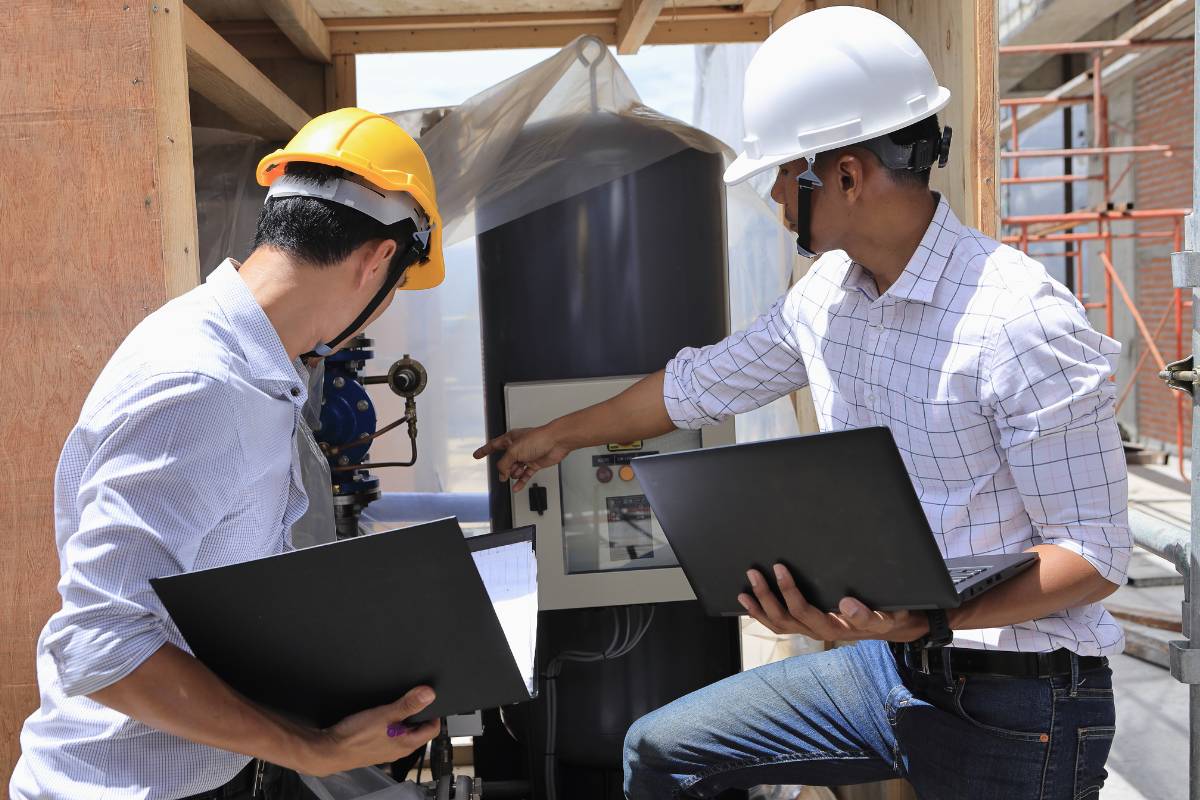How Soil Compaction Testing Prevents Million-Dollar Construction Failures
It all starts with a good geotechnical investigation. Having a comprehensive geotechnical study for the site helps ensure a smooth start. If done properly, a geotechnical investigation, along with the geotechnical report, will contain information about the soils present at the site.
Additionally, the geotechnical report will provide constructability recommendations for the general contractor. If difficult or sensitive soils are encountered, they are usually addressed in a special section. The geotechnical report also includes sections that provide insight into soil compaction testing protocols to ensure quality construction.
Why Compaction Testing Saves Money
Testing is more important than what it gets credit for. Most of us know and understand the benefits of a strong testing program. We meet the project specifications, things get built right, the resident engineer is happy, etc., etc. Now, did you know that you can save money with proper testing?
I know, it sounds strange but, hear me out. Have you thought that when it comes to the earthwork, the whole operations hang in the hands of the soil compaction testing staff? Let's take a look together. Take a basic backfilling operation for example. We place soil, we compact soil and then add more and compact it. By doing so, the contractor hopes to get paid by the end of that operation. However, soils are to be compacted to a very specific percentage of the maximum achievable compaction of that material
In order to obtain that number, a representative sample of the material needs to be collected, transported to an accredited laboratory and tested. The test is commonly known as the Proctor test. This compaction testing procedure is governed by ASTM D1557 or ASTM D698.
The results of this test are provided to the quality control technician in the field, and the value is entered in a nuclear density gauge. This device will read, on site, the compaction level of the material placed. This test is usually governed by ASTM D6938. Some brave souls out there follow ASTM D1556. This one is a ton of fun in the field but, back to saving money!
The Direct Financial Impact
To this point, you might be asking yourself, where is the money saving tip? Glad you asked! Many stakeholders only authorize payment if each layer of the compacted material met or exceeded the compaction requirements. This means that ensuring each layer is properly tested helps the contractor get paid without deductions.
Beyond Payment: Operational Benefits
Benefits to the operations of the project: proper testing can help keep the project moving along. Good compaction will prevent concrete trucks from getting stuck in the mud. Proper selection and placement of rock entrances will lower the debris dragged into adjacent roads, therefore lowering the costs of road cleaning (and keeping the neighbors happier). Further than a smooth-running project and happy neighbors, soil compaction testing saves lives.
Ensuring that soils are stable and have enough capacity is not only an OSHA requirement but a life-saving assessment. When working on deep excavations, tunnels, trenches, and other underground activities, ensuring the soils have the strength they are supposed to is critical. Even for material storage, proper testing is important. Wait, what? Yes! If you are stockpiling aggregate near a trench, you don't want that aggregate to end up in the trench unexpectedly.
Preventing Post-Construction Disasters
Good compaction testing during construction will limit the problems post-construction. Road settlement, potholes, MSE walls blow outs, differential settlement of structures, flooding, excessive erosion, and more. All of these post-construction problems will cost additional money. The largest portion of the costs of resolving these problems is not the actual work, it's the lawyers, the processes, the paperwork and the stained reputation hindering future work.
Modern Testing Solutions
Soil compaction testing is usually performed by construction materials testing firms, commonly known as "The Labs". Omnant helps the lab acquire, compile, track, process, and share the soil compaction testing information easier, faster, and reliably. Omnant allows the quality control team to have access to the results of the soil tests as soon as the test has been completed. Field personnel are able to use the information immediately and provide results and recommendations to the construction team with no delays.
Additionally, Omnant helps the laboratories track the use of nuclear density gauges, their calibrations and maintenance. This provides additional information during the coordination phase for the laboratories to determine the status of the tools going to the site. At Omnant, we are proud to provide elegant and accurate reports that are available 24/7 to the construction team. Once the field technician prepares the field report and it's approved by their supervisors, the construction team has immediate access to those results.
Don't let poor soil compaction testing bury your project budget. Omnant provides the testing management tools your lab needs to deliver accurate, timely results that keep construction projects moving. Contact us to learn how we can help your team work more efficiently.
Share this Post:
Related Blog Post
Start streamlining your inspection and CMT testing processes with Omnant's integrated solution. Contact us today to learn how our software can support your goals for operational excellence.



